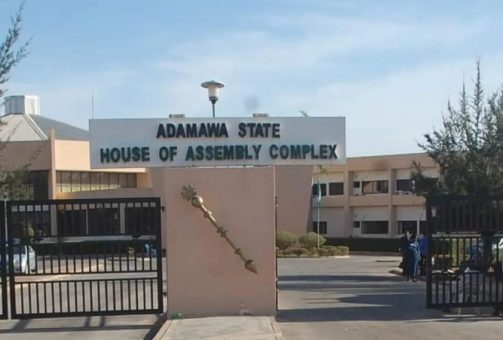
Governor Caleb Muftwang of Plateau State pointed out that despite the increase in the monthly federal allocation disbursed to state governments, the purchasing power and real value of the money allocated have significantly decreased. This decline is attributed to inflationary pressures on the economy and the instability of the naira.
Governor Caleb Muftwang emphasized that while the amount of federal allocation has indeed increased, its purchasing power and real value have decreased significantly. This assertion reflects the impact of inflation and currency instability on the economy.
In contrast, during a broadcast on the #EndBadGovernance protests, President Bola Tinubu highlighted that reforms such as the removal of petrol subsidies and the floating of the naira have resulted in state and local governments receiving the highest-ever allocations from the Federation Account in the history of Nigeria.
Governor Caleb Muftwang, a prominent figure in the Peoples Democratic Party (PDP), declined to specify the exact monthly allocation to Plateau State, citing fluctuations in the figures received. He emphasized that while the nominal amount may vary, the critical factor is the purchasing power of these funds in light of rising prices of essential construction materials like diesel, cement, and iron rods. This perspective underscores the impact of inflation and economic conditions on the effective utilization of state allocations for infrastructure development and public services.
Governor Caleb Muftwang highlighted the significant impact of currency depreciation on Nigeria’s economy, pointing out that since 2015, the exchange rate has worsened from approximately N180 to the dollar to a much higher rate. This depreciation affects the purchasing power of allocations received by states, as many goods and services essential for governance are imported and priced in dollars.
He also referenced the revenue allocation percentages set by the Revenue Mobilisation Allocation and Fiscal Commission (RMAFC), which governs the distribution of Nigeria’s monthly revenue. Currently, the Federal Government receives 52.68%, states receive 26.72%, and local governments receive 20.60% of this allocation. These figures underscore the framework within which state finances are managed and the challenges posed by currency devaluation on effective governance and development efforts.







